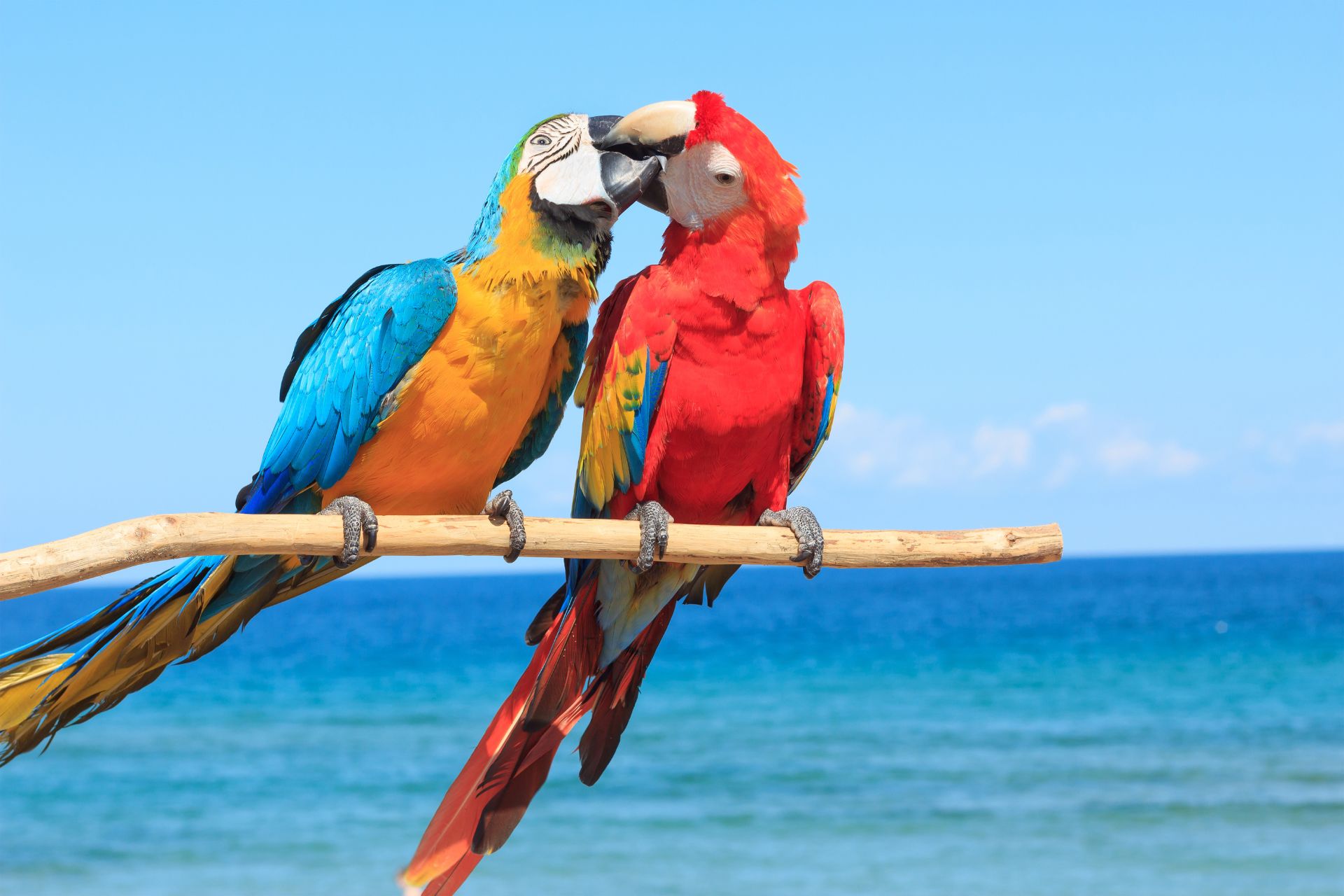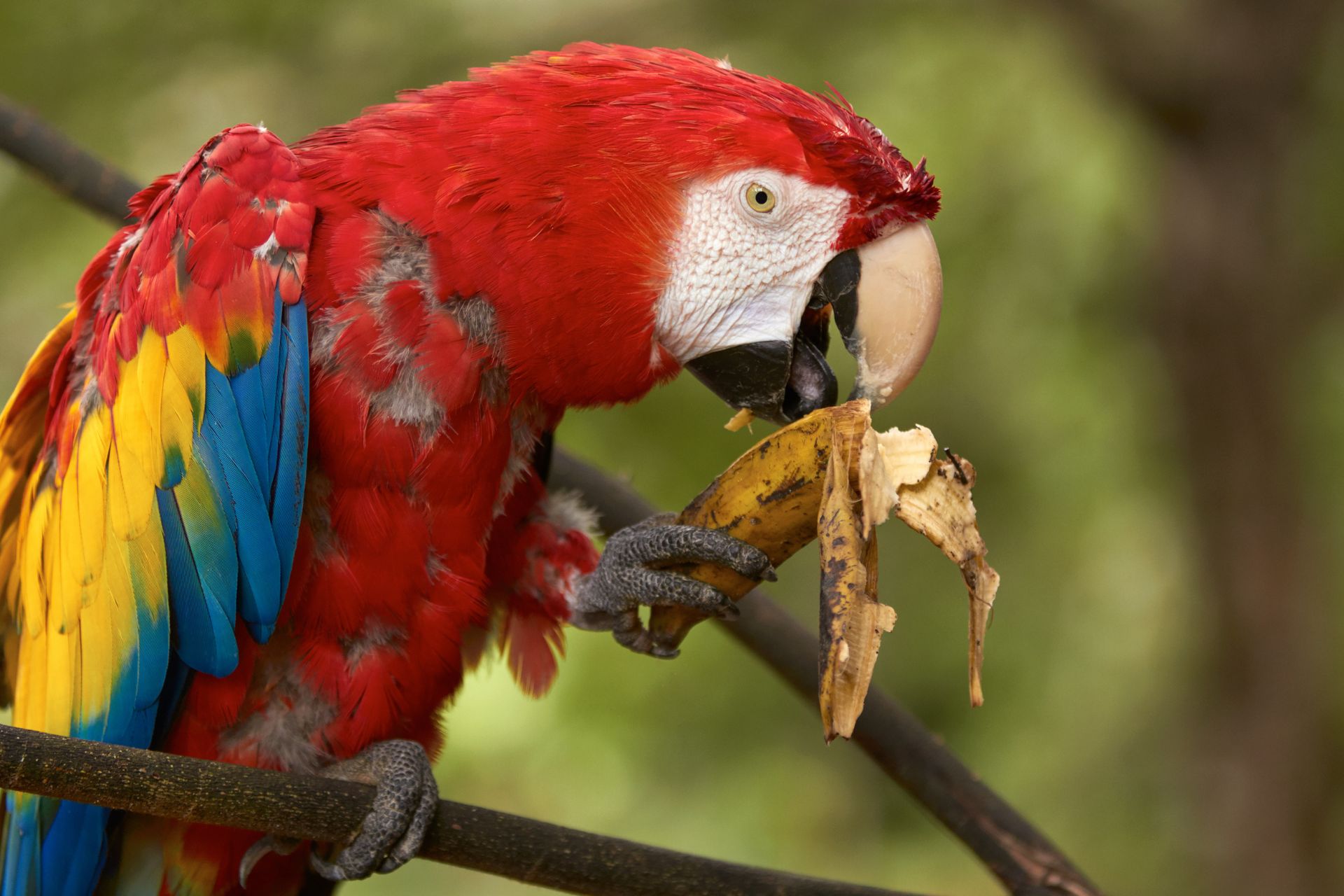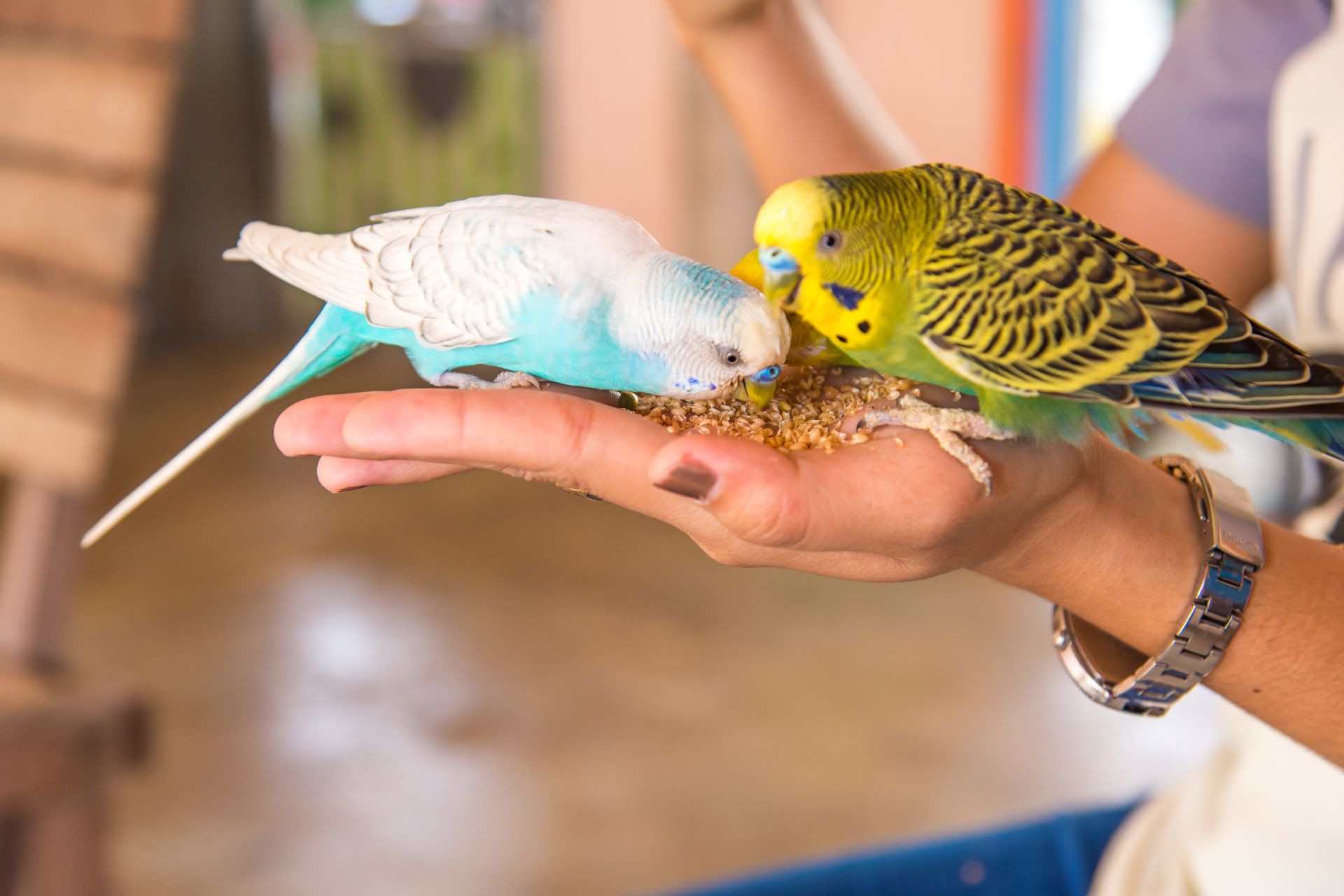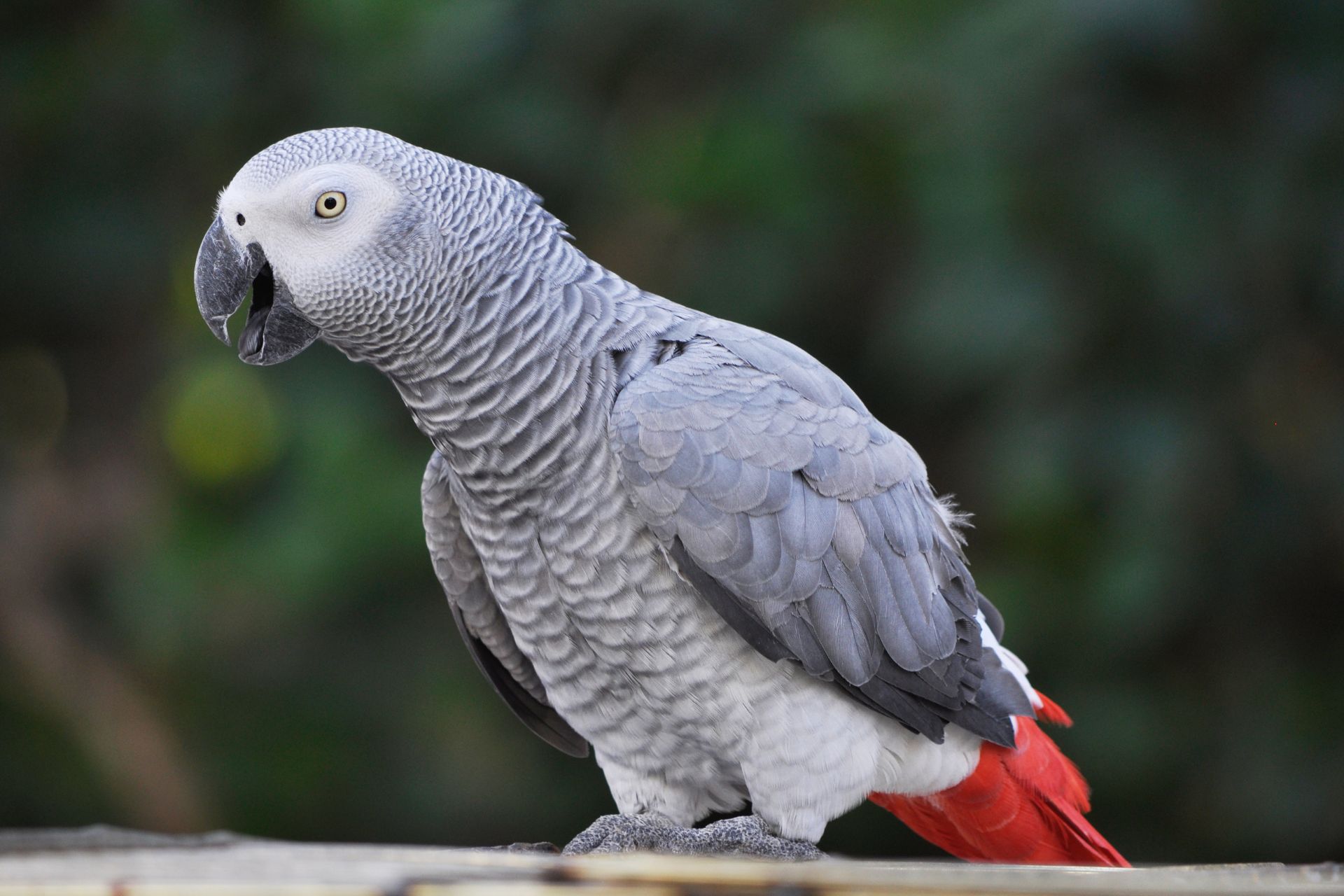Owning a parrot can be a rewarding and fulfilling experience if you are willing to invest the time, effort, and resources required to care for them properly. Understanding your parrot’s needs, providing a comfortable and stimulating environment, and maintaining their health and well-being are essential to ensuring a happy and healthy life for your feathered friend.
- 1. Introduction
- 2. Understanding Your Parrot
- 3. Setting Up Your Parrot’s Home
- 4. Feeding Your Parrot
- 5. Grooming and Hygiene
- 6. Training Your Parrot
- 7. Common Health Issues and Preventive Measures
- 8. Conclusion
- 9. FAQs
1. Introduction
Parrots are not your average pet. These colorful birds have complex needs and require a lot of attention and care to live a happy and healthy life. Whether you are a new parrot owner or an experienced one, it is important to understand the basics of parrot care to ensure your feathered friend thrives in their new home. In this article, we will provide you with essential tips and tricks for taking care of your parrot.
2. Understanding Your Parrot
Types of Parrots
Parrots come in a variety of sizes, colors, and personalities. Some of the most popular types of parrots kept as pets include:
- African Grey Parrots
- Amazon Parrots
- Cockatiels
- Cockatoos
- Conures
- Macaws
Each type of parrot has its unique traits, behaviors, and nutritional needs. It is important to research the specific needs of your parrot to provide the best care.
Behavior and Communication
Parrots are highly intelligent and social creatures that require daily interaction and stimulation. They communicate through vocalizations, body language, and mimicry. It is essential to understand your parrot’s body language and vocalizations to interpret their needs and emotions accurately.
3. Setting Up Your Parrot’s Home
Cage Size and Type
Your parrot’s cage is their home and should be comfortable, safe, and spacious enough for them to move around, stretch their wings, and play. The size and type of cage you choose will depend on the size and type of your parrot. Generally, the larger the cage, the better. The cage should also have multiple perches of varying sizes and textures to promote exercise and foot health.
Perches, Toys, and Accessories
Parrots are intelligent and curious creatures that need plenty of toys, puzzles, and accessories to keep them mentally stimulated and entertained. Toys should be made of safe, non-toxic materials and rotated regularly to prevent boredom. Your parrot should also have access to a variety of perches of varying sizes and textures to prevent foot problems.
4. Feeding Your Parrot
Nutritional Needs
Parrots require a balanced and varied diet to thrive. Their diet should consist of fresh fruits, vegetables, nuts, seeds, and a high-quality pellet food. The exact diet will depend on the type and size of your parrot. Consult with your veterinarian or a bird nutritionist for advice on the best diet for your parrot.
Foods to Avoid
While parrots can eat a variety of foods, there are some foods that you should avoid feeding them. These include:
Avocado
Avocado contains a substance called persin, which can be toxic to birds in large amounts. It can cause respiratory distress, heart failure, and even death.
Chocolate and Caffeine
Chocolate and caffeine contain theobromine, a compound that can be toxic to parrots. It can cause vomiting, diarrhea, seizures, and even death.
Alcohol
Alcohol can be toxic to birds and cause respiratory failure, seizures, and even death. Never give your parrot any alcoholic beverages.
Salt and Sugar
High amounts of salt and sugar can be harmful to parrots and cause a variety of health problems, including obesity, diabetes, and heart disease.
Fatty Foods
Fatty foods can lead to obesity, liver disease, and other health issues in parrots. Avoid feeding your parrot foods that are high in fat, such as fried foods, cheese, and processed meats.
Seed-Only Diets
Parrots require a varied diet that includes fruits, vegetables, grains, and protein sources. A seed-only diet can lead to malnutrition and health problems in the long term.
5. Grooming and Hygiene
Bathing and Cleaning
Parrots need regular bathing to keep their feathers clean and healthy. You can provide a shallow dish of water for your parrot to bathe in or mist them with a spray bottle. It is also essential to clean their cage regularly to prevent the buildup of bacteria and other harmful microorganisms.
Nail Trimming and Beak Care
Parrots’ nails and beaks can grow too long if not trimmed regularly. You can trim your parrot’s nails at home or seek the help of a veterinarian or professional bird groomer. Beak care is also essential to prevent overgrowth, breakage, and infection. Your veterinarian can show you how to safely trim your parrot’s beak or perform the procedure for you.
6. Training Your Parrot
Positive Reinforcement
Parrots are highly trainable and can learn basic commands and tricks through positive reinforcement training. Reward your parrot with treats, praise, and attention when they perform a desired behavior to encourage repetition.
Basic Commands
Some basic commands you can teach your parrot include “step up,” “step down,” and “stay.” You can also teach them to wave, play dead, or retrieve objects. The key is to start with simple commands and gradually increase the difficulty as your parrot becomes more comfortable and confident.
7. Common Health Issues and Preventive Measures
Signs of Illness
Parrots are susceptible to several health issues, including respiratory infections, feather plucking, and gastrointestinal problems. It is important to monitor your parrot for signs of illness, such as changes in appetite, behavior, or droppings, and seek veterinary care immediately if you suspect a problem.
Vaccinations and Parasite Control
Parrots require regular veterinary check-ups to maintain their health and prevent the spread of diseases. Your veterinarian may recommend vaccines or parasite control measures to protect your parrot from common health threats.
8. Conclusion
Owning a parrot can be a rewarding and fulfilling experience if you are willing to invest the time, effort, and resources required to care for them properly. Understanding your parrot’s needs, providing a comfortable and stimulating environment, and maintaining their health and well-being are essential to ensuring a happy and healthy life for your feathered friend.
9. FAQs
- Can parrots be left alone at home? It is not recommended to leave your parrot alone for extended periods as they require social interaction and mental stimulation.
- How often should I clean my parrot’s cage? Parrot cages should be cleaned regularly, ideally daily, to prevent the buildup of bacteria and other harmful microorganisms.
- Can parrots eat human food? Some human foods are safe for parrots to eat in moderation, such as fruits, vegetables, and cooked grains. However, many human foods can be toxic or unhealthy for parrots, such as chocolate, caffeine, and avocado.
- Can parrots be potty trained? Yes, parrots can be potty trained using positive reinforcement techniques.
- How often should I take my parrot to the veterinarian? Parrots should have regular check-ups with a veterinarian who specializes in avian medicine. The frequency of visits will depend on your parrot’s age, health, and individual needs.












Join the discussion One Comment